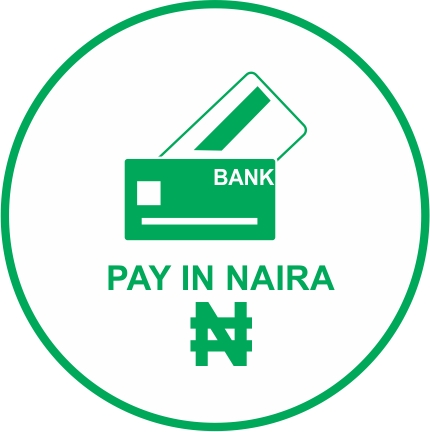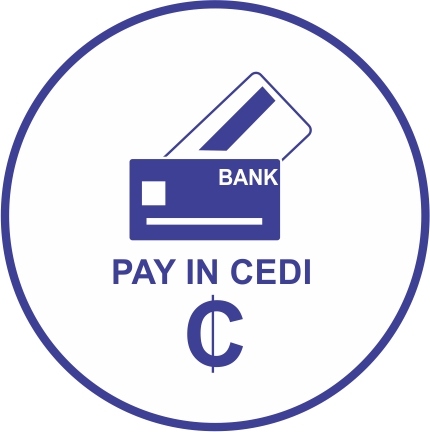An Incredible
Learning Experience
World-class renewable energy course for anyone, anywhere!
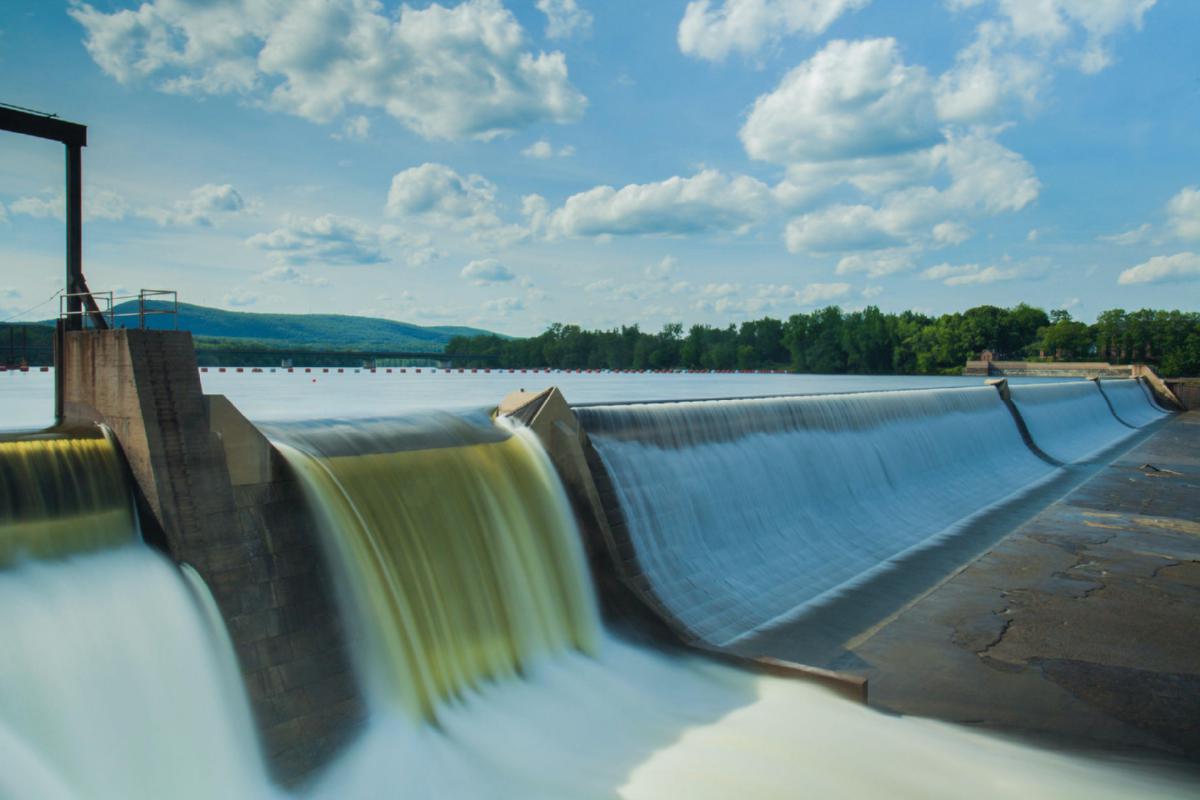
World-class renewable energy course for anyone, anywhere!

This CPD course
caters to Engineers, Technicians, Facilities Managers,
Energy Professionals, Architects, and others who are
interested in enhancing their understanding of renewable
energy and would like to learn about methods, best
practices, and strategies for the selection of the most
suitable renewable energy alternative, with technical,
geographic and financial feasibility in mind.
Introduction to a few important fundamentals of energy and the “grid” sets the tone for a better comparison of the current source of energy with optimal renewable energy alternatives. The importance of the concept of the most direct application of renewable sources to the final energy demand point is highlighted. After the introduction, this seminar dives into some of the more proven and mainstream renewable energy topics. Current footprint and relative cost differences between some of the major renewable energy systems are examined. Strengths, weaknesses, opportunities, and threats pertaining to some of the mainstream renewable energy solutions are discussed. Some of the cutting-edge, yet unproven, renewable energy systems are introduced. The discussion on the topic of renewable energy is sustained by diagrams, schematics, and pictures pertaining to major renewable energy systems. Upon successful completion of this course, participants will be able to:
Introduction to a few important fundamentals of energy and the “grid” sets the tone for a better comparison of the current source of energy with optimal renewable energy alternatives. The importance of the concept of the most direct application of renewable sources to the final energy demand point is highlighted. After the introduction, this seminar dives into some of the more proven and mainstream renewable energy topics. Current footprint and relative cost differences between some of the major renewable energy systems are examined. Strengths, weaknesses, opportunities, and threats pertaining to some of the mainstream renewable energy solutions are discussed. Some of the cutting-edge, yet unproven, renewable energy systems are introduced. The discussion on the topic of renewable energy is sustained by diagrams, schematics, and pictures pertaining to major renewable energy systems. Upon successful completion of this course, participants will be able to:
- Perform technical/engineering and cost comparisons between energy obtained from the grid versus the energy harnessed from renewable sources.
- Identify and quantify the technical and financial benefits of renewable energy systems.
- Specify and implement renewable energy systems that leverage the direct application of renewable energy sources to the point of use, thus maximizing the efficiency and net benefit of renewable energy systems.
- Examine and assess alternative renewable energy technologies based on physics and engineering principles. Assess the performance of renewable energy systems based on physics and engineering equations that correlate physical parameters to the power and energy output of wind turbines. These equations serve as tools in the design, analysis, suitable location selection, and application of wind turbines. Utilize physics and engineering principles and equations to evaluate the performance of hydroelectric turbines.
- Evaluate technical/engineering strengths and weaknesses of major renewable energy technologies like hydroelectric, tidal, wave, wind, geothermal, solar heat, solar light, solar PV, solar chimney, and biomass Follow progress on some of the major, more recent, notable renewable projects in the world. Benefit from the lessons on these projects in avoiding pitfalls in the design/specification of renewable energy systems.
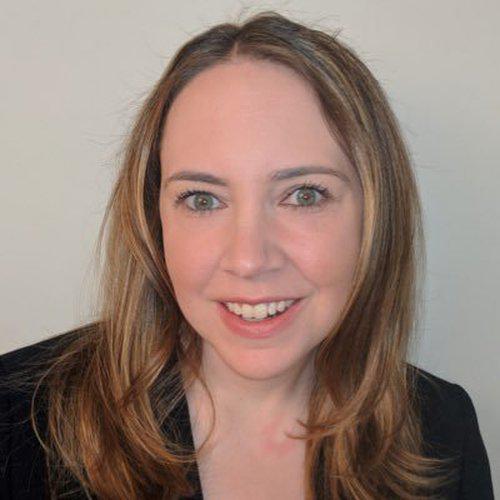
Kimberly.T
Project Manager
I would like to say that even though I am not an engineer, I am really glad that I took this. The course helped me to dissect and visualize some of the terms and concepts that were not tangible to me prior to this course

Jim L.S
PE, CMRP, Manager Engineering
The was great and it has an outstanding instructor and the material was very well presented…..
Some of our
clients
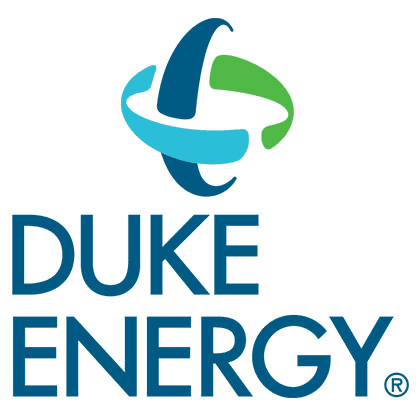

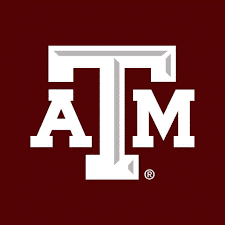




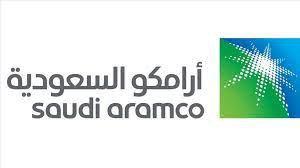
Instructor
Professor S. Bobby Rauf, P.E, C.E.M, MBA; Member, American Society of Engineering Education
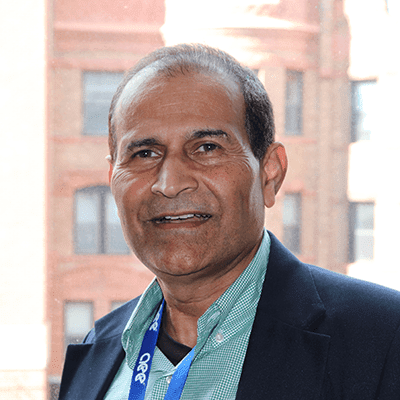
Professor S. Bobby Rauf, P.E, C.E.M, MBA; Member, American Society of Engineering Education

Professor
Bobby Rauf has over 25 years of experience in teaching
undergraduate and postgraduate Engineering, Science, Math,
Business Administration and MBA courses, seminars and
workshops. Prof. Rauf is a registered (PE) Professional
Engineer, in the State of North Carolina, a Certified Energy
Manager and a certified ergonomist. Prof. Rauf was inducted
as a “Legend in Energy” by AEE, in 2014. He is a published
author of multiple engineering and energy books, and
professional development courses. He holds a patent in
process controls technology. Prof. Rauf develops and
instructs continuing education and engineering
skill-building courses. Some of his major clients include
Texas A&M University, Saudi Aramco – KSA, the University
of North Carolina at Charlotte, McNeese University, Lamar
University, Clemson University, Association of Energy
Engineers, EPIC College - Canada; US Bureau of Reclamation,
BHP Billiton, CED, and Y-F Asia. Prof. Rauf’s last full-time
engineering employment, in the corporate world, was at PPG
Industries, Inc. where he served as a Senior Staff Engineer.
He brings to this program more than 25 years of hands-on experience in a broad spectrum of areas within large industrial plant engineering and plant maintenance departments, including electrical, controls, energy and mechanical projects. Professor Rauf has served as Adjunct Professor at Gardner-Webb University since 1989, where he has instructed classes in both the B.A. and M.B.A. programs.
He brings to this program more than 25 years of hands-on experience in a broad spectrum of areas within large industrial plant engineering and plant maintenance departments, including electrical, controls, energy and mechanical projects. Professor Rauf has served as Adjunct Professor at Gardner-Webb University since 1989, where he has instructed classes in both the B.A. and M.B.A. programs.
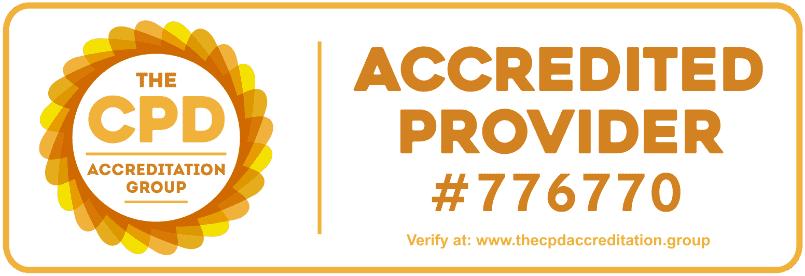
Continuing professional development is a worldwide recognized accreditation for continuing education to maintain knowledge and skills. This form of learning allows professionals to improve their capabilities with the help of certified learning. CPD courses for professionals reflect current expectations as well as future ambitions. As your career develops, the knowledge and skills you require will also evolve. This is where CPD will come to your rescue and help you steer your career in the future.
Who
Should Join?
- Professional Engineers, and Energy Managers. This energy course couples engineering concepts and knowledge with renewable energy concepts and best practices.
- Facility Managers, Plant Engineers, Engineering Managers, Energy Professionals, Architects, Project Managers, and other Executives who feel a need to enhance their renewable energy engineering knowledge, to make informed decisions on renewable energy projects or programs.
- Professionals, who do not possess prior experience or knowledge in the renewable energy realm, including Project Management Staff, Energy Project Financial Analysts, and Technical Writers.
- Procurement/Purchasing Professionals who are responsible for obtaining renewable energy project proposals
- Bachelor’s degree level students
- Construction managers who manage renewable energy project installations.
Find all that
you need in this course to become an expert in any topic in
Renewable Energies
1. Renewable Energy Information Sources
2. Financial Justification and Implementation of Energy Projects
3. Emerging Renewable Energy Technologies
4. Energy Facts
5. Energy Basics
6. Electricity Basics
7. Electrical Bill Calculation and Load Factor
8. Overview of Renewable Energy Technologies
9. Hydroelectric Power
10. Tidal Energy
11. Wind Energy
12. Geothermal Energy Technology
13. Solar Technologies
14. Solar Heating
15. Solar Heat – Renewable Electrical Energy Technologies
16. Photovoltaic Renewable Energy
17. Major Solar Energy Projects – Domestic and International
18. Biomass Renewable Energy Technologies
1. Renewable Energy Information Sources
2. Financial Justification and Implementation of Energy Projects
3. Emerging Renewable Energy Technologies
4. Energy Facts
5. Energy Basics
6. Electricity Basics
7. Electrical Bill Calculation and Load Factor
8. Overview of Renewable Energy Technologies
9. Hydroelectric Power
10. Tidal Energy
11. Wind Energy
12. Geothermal Energy Technology
13. Solar Technologies
14. Solar Heating
15. Solar Heat – Renewable Electrical Energy Technologies
16. Photovoltaic Renewable Energy
17. Major Solar Energy Projects – Domestic and International
18. Biomass Renewable Energy Technologies
YOU WILL
RECEIVE YOUR UNIQUE ACCESS CODE TO THIS COURSE AFTER
SUCCESSFUL PAYMENT
Pay locally without restrictions in Cedi or Naira and enjoy up to 30% Special Discount for African Learner s- Only from Mabiksolar
Pay locally without restrictions in Cedi or Naira and enjoy up to 30% Special Discount for African Learner s- Only from Mabiksolar




Copyright
Mabik Solar . All Rights Reserved


